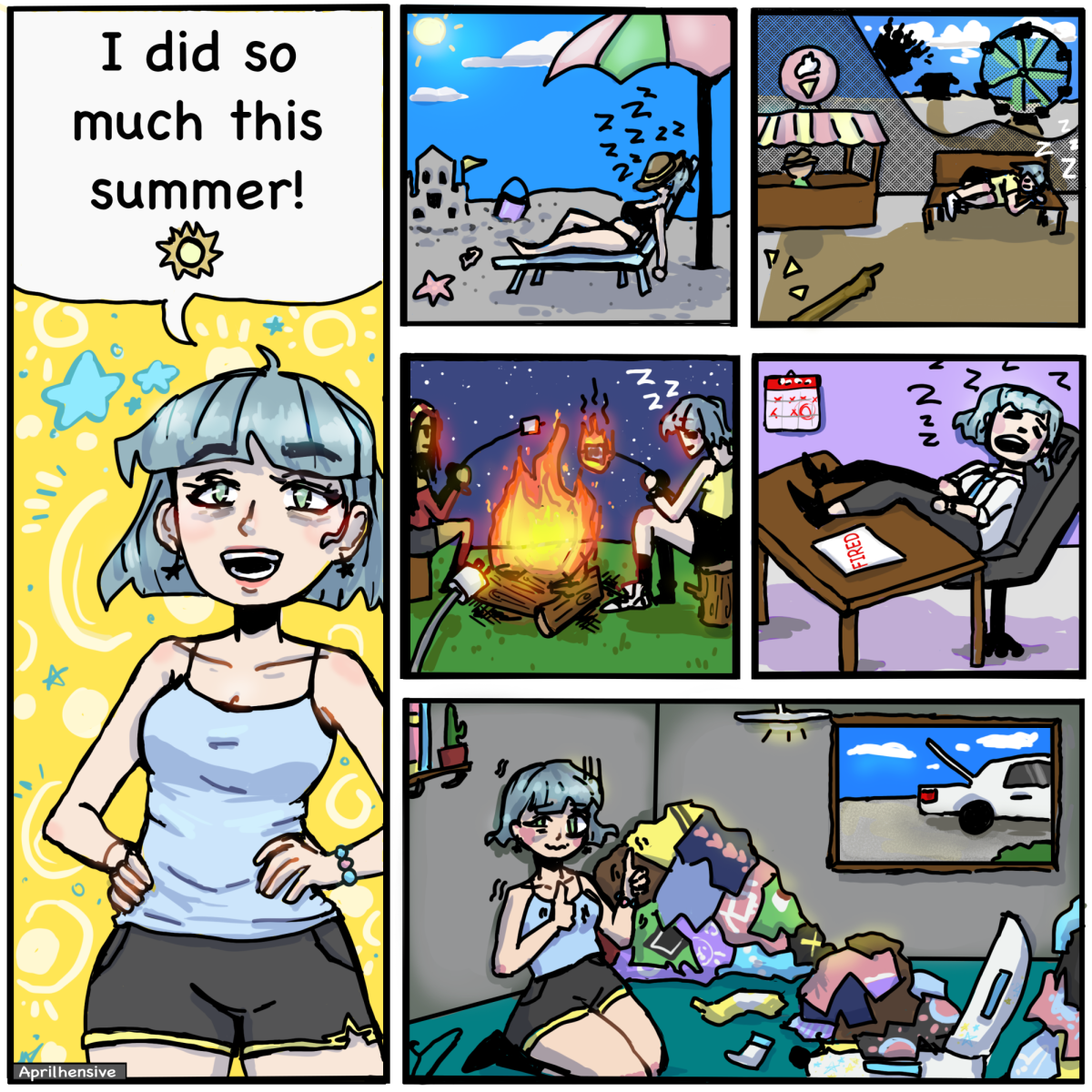A recent study at the University discovered that two certain flavonoids can kill pancreatic cancer cells.
These flavonoids, organic compounds that have been found to have a positive impact on health, are found in fruits, vegetables and herbs, such as artichokes, celery, parsley and Mexican oregano.
“We took human pancreatic cancer cells, and in the lab, we applied different compounds from food,” said Elvira de Mejia, principal investigator and associate professor of food science and human nutrition. “We found that two flavonoids, especially ones called apigenin and luteolin, were the most powerful compounds to kill very aggressive pancreatic cancer cells.”
Pancreatic cancer is the fourth-deadliest cancer in the United States. The American Cancer Society estimates that about 45,000 people will be diagnosed this year and about 38,000 will die from the disease in America.
Factors that determine how deadly cancers can be depend on how early the cancer is detected and treated, said Dr. David Graham, oncologist at the Carle Cancer Center, 509 W. University Ave., Urbana.
Get The Daily Illini in your inbox!
“The trouble we have with pancreatic cancer is … we don’t have a good screening tool,” Graham said. “We generally don’t find it until it’s causing problems, and by that point, it tends to be more advanced.”
Symptoms may only appear in the advanced stages, such as rapid weight loss and jaundice, which is caused by the cancer cells blocking the flow of bile from the liver.
To find this cancer in one of its beginning stages while it’s small and localized is unusual, Graham said.
“If we can find it when it is still small and in the pancreas itself, our best option is to take it out surgically,” he said. “Sometimes then that can be put together with some radiation treatments and chemotherapy treatments.”
In their study, de Mejia and Jodee Johnson, a University graduate who co-authored the lab, exposed the pancreatic cells to both flavonoids and chemotherapeutic drugs at the same time to see if that would enhance the role of the drug.
“We discovered that when you apply the two compounds together at the same time … that will negate the effect of the chemotherapeutic drug,” de Mejia said.
However, when they applied the flavonoids as a preventative mechanism 24 hours before the drug, they found a positive effect from both.
“The next immediate step is to … understand better the role of flavonoids,” de Mejia said. “We have to educate the consumer. We have to educate the mothers to start to give fruits and vegetables to children very early in their lives.”
Many fruits and vegetables contain flavonoids, and eating five a day is good for a healthy body, said Elizabeth Jeffery, professor of food science and human nutrition, in an email.
“Flavonoids are definitely interesting active molecules better used as preventatives than treatment,” Jeffery said.
De Mejia agreed, saying that having a balanced diet based on fruits, vegetables and a decreased intake of meat may decrease the risks of pancreatic cancer.
“We still have many things to do because pancreatic cancer is a very fast disease,” she said. “In six months, a high percentage of people diagnosed will die.”
Johnson and de Mejia published their papers in the Molecular Nutrition and Food journal as well as the Food and Chemical Toxicology journal.
Jacqui can be reached at [email protected].








